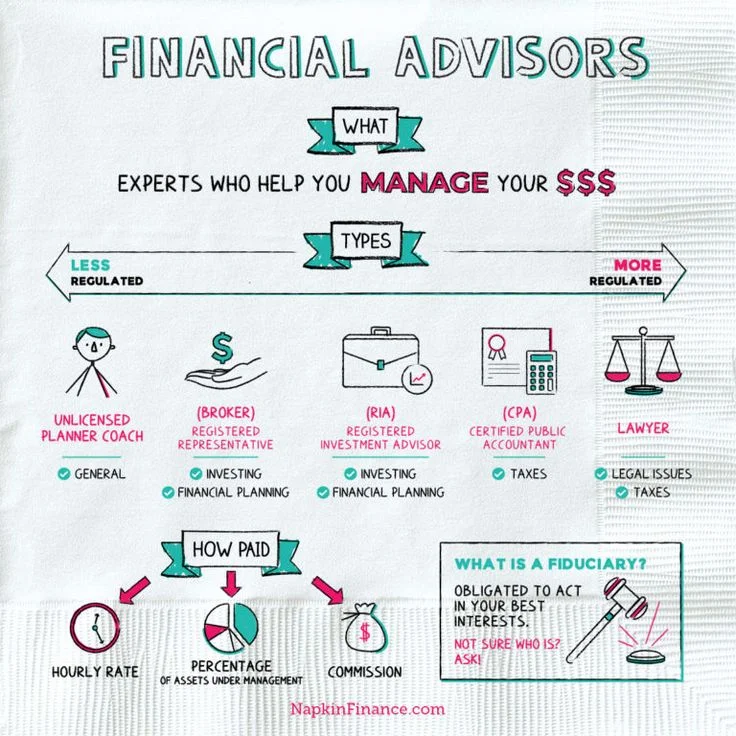
Learn why having a backup fund is crucial for your financial stability. Find out how to create and manage your emergency account by deciding how much money to save and how to set up effective processes.
How to Build Financial Flexibility: The Benefits of Having a Reserve Fund
Personal finance requires organization. Life can throw many challenges at you, such as unexpected medical bills, job loss, or home repairs. In these situations, having a solid financial cushion can make the difference between facing financial difficulties or overcoming them with confidence. That’s why you need to start building your reserve fund. In this article, we explore the basic role that emergency funds play in enhancing your financial flexibility. We’ll cover the importance of having a reserve fund, how to estimate the right amount of money to save, and how to establish and maintain your emergency account.
How to Make a Budget and Control Your Expenses
Budgeting and controlling your expenses are key aspects of personal money management that enable you to take charge of your financial situation, achieve your financial goals, and ultimately generate income. This involves tracking your expenses, creating a comprehensive budget, and finding ways to cut unnecessary spending.
How to Create Your Budget
A personal budget helps you monitor your income, set spending limits, and define financial objectives, all of which are essential for financial success. Income Evaluation: First, determine your total income from loans, grants, investments, and other sources. Expense Comparison: Fixed and Variable Distinguish between variable and fixed expenses (food, entertainment, dining out) and constant expenses (rent, credit card, utilities). Expense Management: After you’ve identified which expenses are most essential and necessary, allocate a specific percentage of your income to each category. Saving and Investing Money: Budget for your investment fund goals, debt payments, and savings account balances.
How to Analyze Your Expenses and Find Savings Opportunities
It’s important to keep track of your spending to see where your money goes and where you might be able to save. Expense Tracking Tools: Record all of your expenses, no matter how small, using pen and paper methods, budgeting software, or spreadsheet templates. Expense Categorization: To get an idea of your spending habits, group your expenses into different categories (such as housing, transportation, and food). Expense Analysis: Examine your spending habits to see where you can save money or where you might be overspending. Perspective on Non-essential Spending: Differentiate between basic needs (like food and shelter) and frivolous, unnecessary wants (like eating out and entertainment).
How to Reduce Your Spending with These Tips
Using spending reduction strategies can help you increase the amount of money you can allocate to debt repayment or investment fund goals after you’ve identified areas for possible savings. Setting Spending Goals: Set realistic budgeting goals and challenge yourself to meet them. Shopping Around: Compare prices and find the best deals on future purchases, such as food, electricity, and insurance. Eliminating Unnecessary Expenses: Cancel any subscriptions or unnecessary expenses that don’t align with your needs or values. Negotiating Fees and Charges: Use service providers to get better deals or lower your monthly bills (internet, insurance, cable, etc.).
Creating an emergency fund
Emergency fund planning, a key aspect of effective personal budgeting, ensures financial stability and flexibility even when faced with unexpected expenses or income changes. This involves recognizing the need for emergency savings, determining how much money to save, and implementing strategies to build and manage the fund.
The Importance of Emergency Funds
Emergency funds act as a kind of financial safety net for consumers, giving them a cushion against unexpected costs or emergencies so they don’t have to dip into other savings accounts or pay high interest rates. Unexpected Expenses: Emergencies that require immediate attention include unexpected medical bills, car repairs, or home maintenance issues. Income Disruptions: It is vital to have savings to cover essential expenses in case of an unexpected loss of income, which could be caused by a reduction in work hours, bad luck at work, or other situations.
How to Choose the Right Emergency Fund Size
Based on Essential Expenses: Try to set aside enough money for at least three to six months to cover necessities such as housing, utilities, food, transportation, and health care. Consider Specific Factors: Some factors to consider when deciding how much money you should save for emergencies include your family responsibilities, the stability of your job, and the volatility of your industry. Adjust to Specific Situations: People with higher levels of financial risk, dependent status, or irregular income may need to have larger emergency funds available to cope with unforeseen events.
How to Build and Maintain an Emergency Fund
The maintenance and growth of an emergency fund require discipline, consistency, and a commitment to prioritize emergency savings. Automated Savings: Set up regular transfers from your checking or savings account to an emergency fund account to ensure steady contributions. Start Small, Grow Over Time: As your financial situation improves, gradually increase your contributions while setting realistic goals for your savings. Cut Expenses: Review your budget and find areas where you can cut discretionary spending to boost the amount of money you save for emergencies.
Conclusion
In summary, an emergency fund plan is the basis of prudent personal finance, providing people with the essential safety net they need to handle unexpected financial challenges and crises. By figuring out the right fund size, applying smart savings strategies, and understanding the importance of emergency funds, people can enhance their financial security and have more peace of mind.
- Who is the author of the book - Broken Wing?
- Who is the author of the book - Broken Wing?